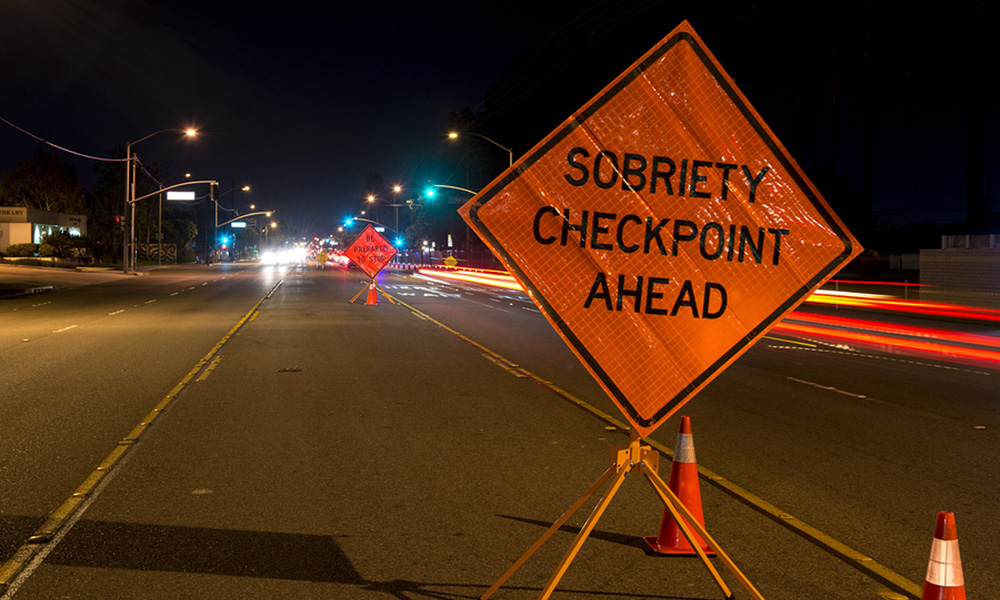Among all severe physical injuries, a traumatic brain injury is one of the worst. The hours, days, weeks, months, and sometimes even years following this type of injury can be extremely daunting for your loved one and the entire family.
Sometimes the cause of these brain injuries is obvious, e.g., a brain injury due to electric shock, whiplash, or oxygen deprivation. However, sometimes it isn’t clear what caused the injury or who is liable. A skilled catastrophic brain injury attorney understands the medical aspects of such injuries and can help your family make legal connections to the wrongdoing.
If you are in a state of confusion, it is important to know that you are not alone. An estimated 2.8 million people in the U.S. sustain traumatic brain injuries (TBIs) each year. Among these individuals, 2.5 million are treated and discharged from an emergency department, 282,000 get hospitalized, and 50,000 succumb to injuries. When faced with such a situation, what should you know and what are some of the things you could do to help a family member struggling with a TBI?
What Are The Different Types of Traumatic Brain Injury?
Brain injuries can vary in severity and can have a range of symptoms such as memory loss, speech difficulties, headaches, seizures, changes in mental status, and changes in personality, among others. These injuries occur when an external force deals a blow to the head, penetrates, or crushes it.

The injuries fall into these categories:
- Closed head injury – occurs when the head suffers a sharp blow that batters the brain but doesn’t penetrate it. A concussion is the most frequent type of TBI and goes largely undiagnosed and often the victim doesn’t receive any (possibly deserved) medical care benefits.
- Crushing brain injury – is considered the most dangerous form of TBI and is also the least common form of brain injury. It involves the crushing of the skull and brain between 2 solid objects.
- Open wound brain injury/penetration brain injury – occurs less often but is extremely serious. A person with such an injury is at risk of brain exposure to infection—the entry of bullets, nails, and other objects into the brain are a few examples.
What Can The Family Do to Help Someone Suffering From a TBI?
When a loved one suffers a TBI the entire family is affected. Especially for caregivers, feelings of anxiety, distress, burden, depression and anger are common. If you’re a caregiver, note that this can be a stressful period, and therefore the need for support services is important.
Here are some tips to consider:
Provide a Sense of Normalcy to Their Life
TBIs almost always change everything in the victim’s life. They find themselves in unfamiliar situations and are more likely to feel out of place, fatigued, uncertain and uncomfortable.
The Model Systems Knowledge Translation Center (MSKTC) recommends these:
- Placing objects within easy reach
- Involving the person in family activities
- Creating and maintaining a daily routine
- Encouraging frequent resting sessions
- Placing a photo album with labeled pictures of family members, friends, and memorable places for your loved one to refamiliarize themselves
- Maintaining a normal voice and tone when speaking to them, while involving them in normal conversations to help them feel social
- Being as natural as possible when interacting with your loved one
Understand Your Loved One
When a loved one suffers a traumatic brain injury (TBI), you may not know how to react or what to do. You may notice that your family member is struggling or seems a bit off, but you may sincerely not know what to say or how to help.
Brain injuries are diverse and can have a myriad of symptoms, which sometimes are unpredictable. As obvious as this may seem, remember that you must remain as patient as possible when interacting and handling issues with your injured loved one.
Be Patient with Your Loved One
They may look and sound okay on some days and be very difficult on others. It is quite easy to lose your patience, as you may find yourself repeating the same words repeatedly, but it is imperative to understand that this may be the worst time of their life and they need your support, love and patience, and not judgment or negativity.

Don’t take it personally if they seem angry or agitated. Remember that a brain injury may affect most cognitive functions like controlling emotions, etc.
How Do We Interact With Our Love Ones?
A change in social interactions is one of the struggles a traumatic brain injury victim may face throughout all stages of the TBI. You will notice emotional changes such as sleep difficulties, fatigue, concentration difficulties – all of which will impact how your family member interacts with the rest of you.

Therefore, when you notice that your loved one doesn’t want to interact with you, it isn’t because they are trying to be disagreeable, but rather, they are likely finding it difficult to interact the way they used to. For such a problem, prioritize meeting them in the morning before fatigue sets in and within small groups of 2 – 3 people to cater to their declined concentration.
Should Your Family Consider Guardianship?
Families with an incapacitated/incompetent loved one often don’t know if they should consider guardianship. This is a matter that should be discussed at the beginning of the care process with the family, doctors, and attorneys. If your loved one is partially or totally unable to care for themselves or manage their finances, then guardianship should be considered.
Walking With Victims and Families through the Legal Process
A TBI affects the entire family and can be compared to losing a family member. Families going through such a trying time need the help of neurological specialists, psychiatrists, therapists, and rehabilitation experts for themselves as well as the victim.
In most cases, comprehensive compensation is needed to cover for losses, medical care expenses, and any other related expenses. An experienced personal injury attorney understands the intricacies of a traumatic brain injury and will work with structured settlement professionals to provide the best possible settlement or resolution.

Geonetta & Frucht, LLP’s traumatic brain injury lawyers have represented clients and their families after accidents caused from negligence have resulted in brain injury.
If you or a loved one has sustained a TBI in San Francisco caused by a defective product, negligence, or an accident, get in touch with our San Francisco traumatic brain injury lawyers. Contact us today via phone: 510-254-3777 to schedule a free consultation with us, or contact us through this online form.






